Sunday school doesn't deter intermarriage, new US study finds
--------------------------------------------------------------------------------
HILARY LEILA KRIEGER Jerusalem Post correspondent, THE JERUSALEM POST Aug. 9, 2007
--------------------------------------------------------------------------------
Rather than bolstering the likelihood of students marrying within their race, attending once-a-week Sunday school programs actually slightly increases the chance of intermarriage, according to a newly published study.
The research, conducted by Steven M. Cohen, research professor at Hebrew Union College-Jewish Institute of Religion, finds that the likelihood of intermarriage increases by up to 9 percentage points among students who attend once-a-week programs in comparison to those who don't receive any Jewish schooling. (The pool of students was controlled for factors such as family upbringing and other sources of Jewish education.)
The study also found that attending congregational school two or more times a week hardly decreases students' chances of intermarrying.
Cohen hypothesizes that since Sunday schools - an education option almost exclusively offered by the Reform denomination - have large numbers of children of intermarriage, they actually reinforce the legitimacy of intermarriage.
"When you bring together people who are relatively distant from Judaism, it might be that they reinforce distance from Jewish life," he suggested.
The analysis, based on data collected in the National Jewish Population Survey of 2000-01, "points to the inadequacy of one-day-a-week schools as a Jewish education alternative," he said.
While Cohen's research focuses on Hebrew schools' failure from the perspective of their inefficiency in reducing intermarriage, others criticized the content provided at these schools at a meeting of the St. Louis Coalition for the Advancement of Jewish Education attended by more than 1,200 Jewish instructors this week.
Joel Hoffman, a language expert who teaches at Temple Shaaray Tefila in New York, devoted several lectures at the conference to the shortcomings of Hebrew school education, but said it would be a mistake to conclude from Cohen's analysis that what's needed is to boost the number of days children are sent to Hebrew school: "Maybe cutting down to one day a week is just what the doctor ordered," Hoffman said.
Quality, not quantity, was the more important guiding factor, and one "dynamite" session would be better than two "mediocre" experiences each week, he said.
Hoffman pointed to a wide range of problems in current after-school Jewish education models, arguing that "our Hebrew schools aren't teaching Hebrew, the kids are miserable in the process, and are making the teachers miserable in the process."
And a miserable experience, stemming from setting unreachable goals such as the mastery of Hebrew or tedious memorization doesn't draw kids closer to Judaism, he said.
"As a program it's clearly a failure, but in fact we're often doing damage," Hoffman asserted. "If your only experience of synagogue is feeling stupid, then surprise - you're not going to like going to synagogue."
Cohen argued that what's necessary to improve both the learning and the enjoyment of Hebrew school was to supplement it with "a Jewish context" for their lives, for example with Jewish camps, trips to Israel and youth groups.
"Then he or she will see the value in what will be learned in Hebrew school," Cohen concluded.
Laurie Green's experience seems to back up Cohen's theory. A 29-year-old newly ordained rabbi, Green attended Hoffman's workshops to pick up tips for the Hebrew school at her synagogue.
She didn't connect her Sunday school experience with her decision to make Judaism a career.
"The link was as a teenager, being involved in a youth group, going to Israel, to camp," she said. "I don't think it had anything to do with what my third grade teacher did in Hebrew school."
But Hoffman stressed that Cohen's hypothesis is just that - a hypothesis. He said the system was seriously broken and needed to be fixed before it could be tested. According to Hoffman, there's enough recognition of this need that next year's Coalition for the Advancement of Jewish Education conference will be called "back to the drawing board" in an attempt to completely reexamine Hebrew school education.
But Jan Katzew, director of Lifelong Jewish Learning at the Union for Reform Judaism (and another conference lecturer) differed in the assessment of the need for a Hebrew school overhaul, noting some places were thriving.
"Any organism, institution or organization needs to take a deep look at itself; that's what Rosh Hashana and Yom Kippur are all about," he said. But he compared it to the need for a "checkup" rather than "open heart surgery" and cautioned that it wasn't necessary "to manufacture a crisis in order to create change."
Katzew pointed to certain areas for improvement, such as teacher and student retention and professional development, but also highlighted fields where synagogues give positive assessments - including curricula and socialization of the students.
He added that as Jews and teachers, "We should never be satisfied." He described the field of education as one of growth and change.
"The difference," he said, "is whether that change is incremental and evolutionary or transformational and revolutionary."

Let's face some facts. After school programs and Sunday school programs will not produce Torah scholars and are challenged merely producing decent Hebrew reading skills. Those programs considered more successful are geared towards producing "model" bnei mitzvah "performances". A kid who doesn't want to go to "hebrew" school or Sunday school will not magically become a learned Jew.
But so what? In the US, an adult Jew, intermarried and barely able to say Shema Yisroel can have an active and fully engaged Jewish cultural life, be on boards of Jewish organizations, and even write in the NY Times Sunday Magazine.
What does it matter if they have little or no Jewish education?
The Jewish existence is one based upon Torah. Without Torah, we have no binding commonality. Even Eric Yoffie recognizes and believes in this principle. Yet, large numbers of Jews not only remain ignorant of Torah they are indifferent to it, refusing to better themselves. A fellow Jew even hinting to his indifferent brother that another path is preferable often morphs normal embarrassment into perceived insult. Who are you to tell me I should go learn? Who do you think you are? Do you think you are better than me?
The challenge of more learned Jews is to be persuasive without threatening when discussing these matters. Healing Jewish souls, empowering Jewish souls, teaching Jewish souls Torah numb from decades of attrition and mis-information is a challenge afforded to this generation unlike any other and compared to any other time in Jewish history. It is easy to blame a yetzer hara for any individual Jew's path away from Torah observance. It is much harder to open those same Jewish ears to the Bas Kol calling for the people to return. If it were easy, it wouldn't be avoda.
After school and Sunday school programs would be more successful, in my humble opinion not trying so hard to cram movement ideology down the throats of little children. 'Mitzvah day' and tikkun olam are not the path to take. Teaching to invigorate the yingeles in love of Torah, love of fellow Jew and love of Israel is a time-tested approach more likely to produce a Jew attached to his people and engaged in the world as a Jew. Teaching Torah with the above lessons in mind by illustrating the basic nature of the Avos and Ima'os along with the Navi'im would have a lasting impact.
We cannot expect suburban non-religious families to produce Torah scholars. We can and should demand that they produce Jews well-grounded in their traditions whose hearts cleave to their Creator. Marrying out will no longer be an option, their Tatty would be disappointed.
As we approach Elul, the month when the King has left the palace and is in the field accessible to all, my prayer for the Jewish people is to spend this most advantageous time in teshuva, asking for inspiration and guidance in the coming year in order to repair the breaches in ahavas Yisroel.
















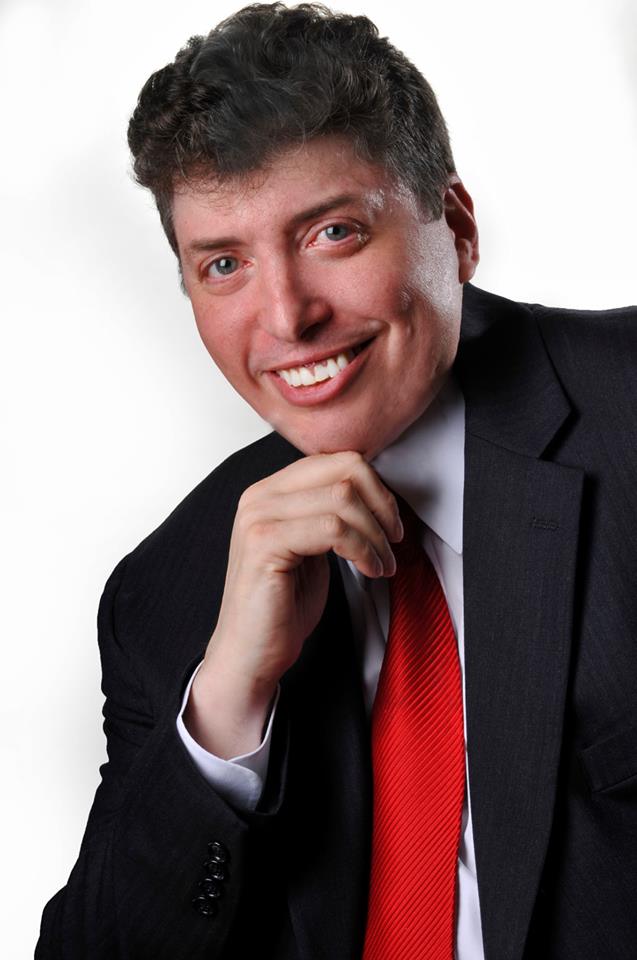



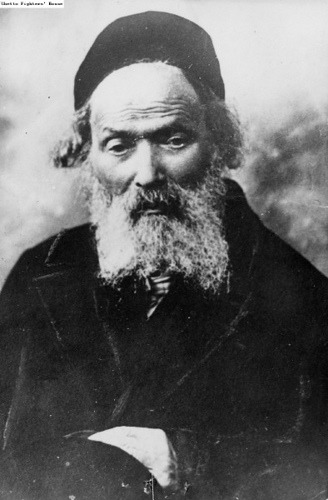


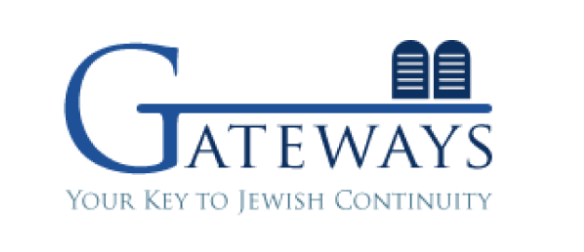














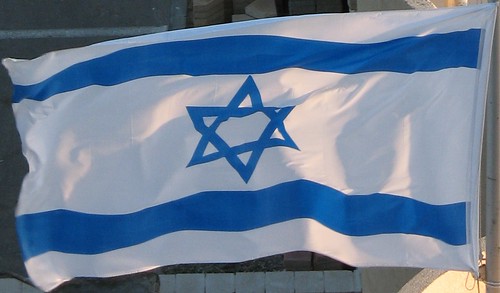
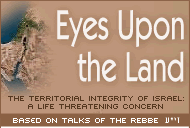











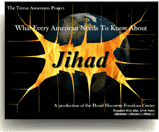
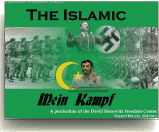




0 comments:
Post a Comment